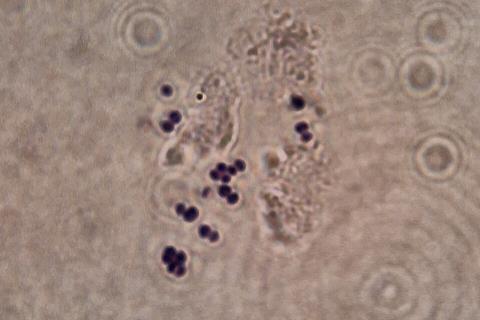Antibiotic resistance has increasingly become a significant concern for the environment and public health. Researchers isolated Staphylococcus saprophyticus strain from the Southern Ocean within the Antarctic circle.

Antibiotic susceptibility profiling of S. saprophyticus revealed complete resistance to Cefixime, Norfloxacin, Azithromycin, and Metronidazole. Comparative genomics revealed the presence of drug resistance genes across various strains of S. saprophyticus, with the vanY gene in the vanM cluster being the most common, followed by sdrM and sepA genes. The drug resistance genes will alter the antibiotic targets of the strain and enhance the excretion of antibiotic drugs.
The Southern Ocean is one of the pristine and isolated ecosystems on Earth and is regarded as an untouched area. However, this study confirmed that human activities have already affected the Antarctic ecosystem and may cause greater public health damage through the interaction of the food chain and ecology.

The work entitled “Antibiotic resistance profiling and comparative genomics of cold-adapted Staphylococcus saprophyticus from the Southern Ocean” was published in Systems Microbiology and Biomanufacturing (published on May 28, 2025).

No comments yet